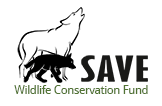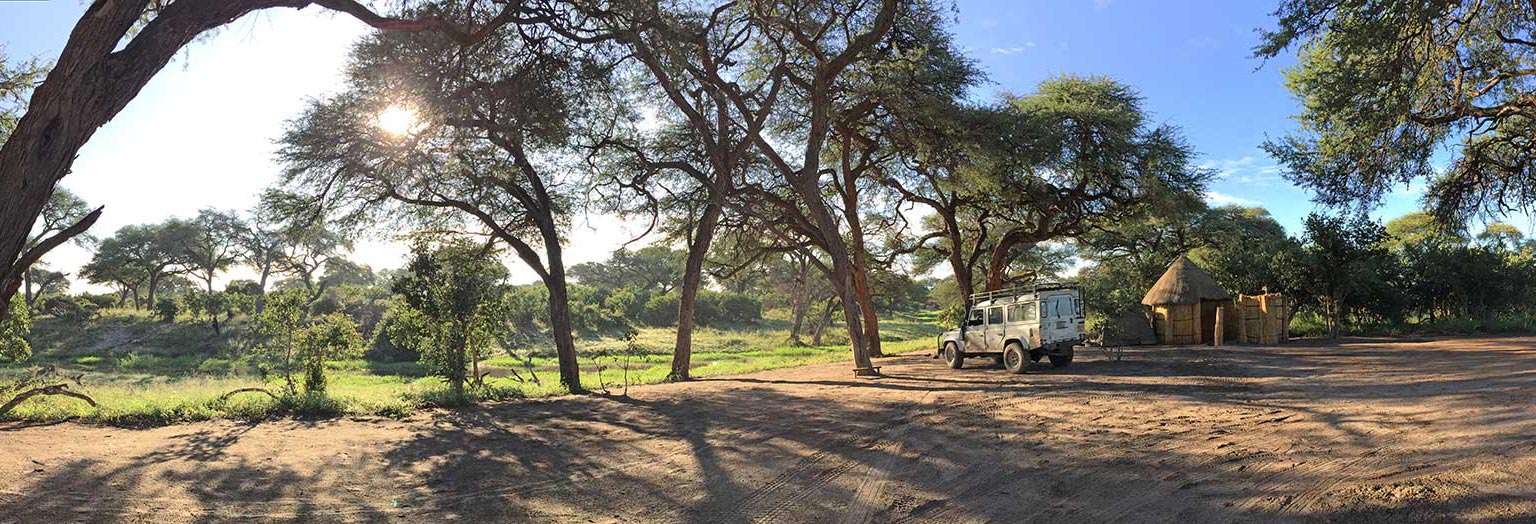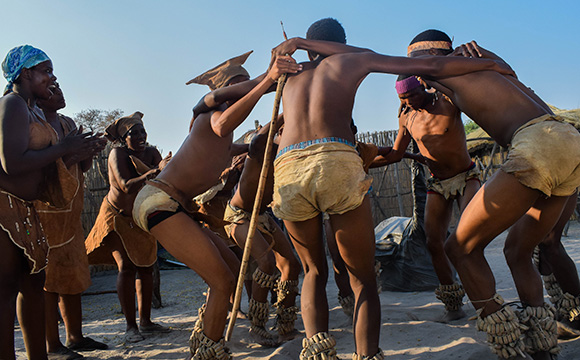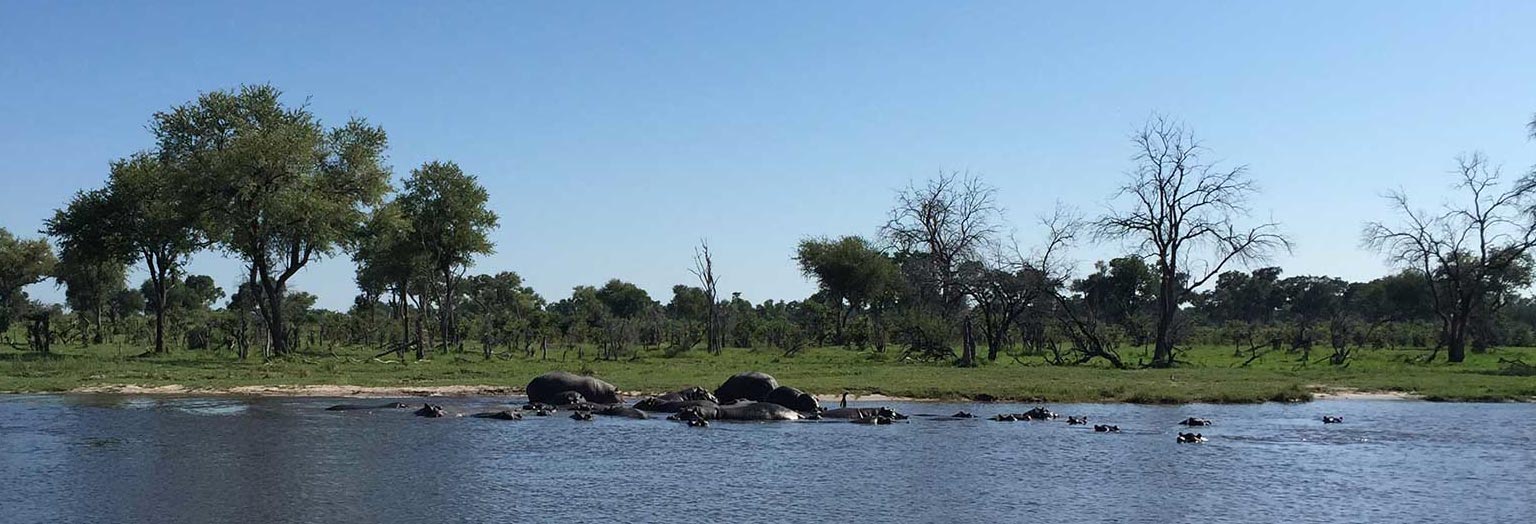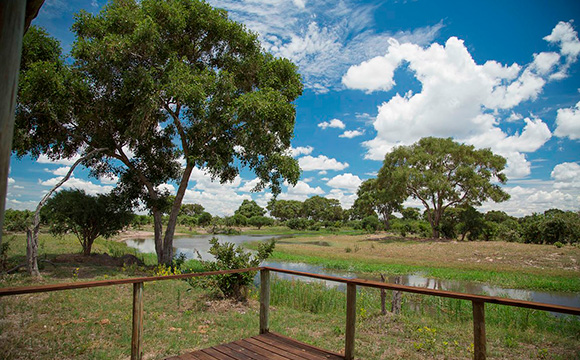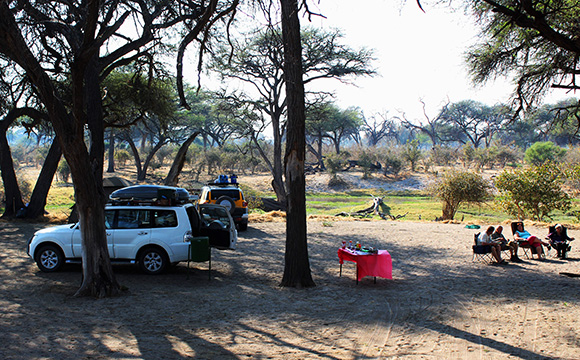SAVE-Campsite Project in Botswana now opened
Holidays with the Big Five, in harmony with nature
The nature conservation organization SAVE Wildlife Conservation Fund from Wülfrath has financed three campsites in Botswana, which have been opened just in time during the best season for trips to Southern Africa. For those who want to escape from winter, the campsites provide gentle tourism while helping local people make a living.
The Big Five: in Botswana, protected national parks ensure that wild animals such as elephants, rhinos, buffalos, lions and leopards – the so-called big five – but also numerous other wild animals still live in almost untouched nature. This attracts tourists and generates income.
But especially in and around the national parks the interests of animal and nature conservationists often collide with those of the people living there. So far, the local population has not profited much from the tourism income. And animals, which are under species protection today, have always been a source of food for them, they have been hunted and eaten.
With various educational measures and projects, SAVE therefore sensitizes for species and nature conservation in the region. The fact that humans and animals live in peaceful coexistence and that people can even earn money through the animals is demonstrated by the new campsites.
With financial and technical support from SAVE, three community campsites have been set up in the last three years in the municipality of Mababe on the Khwai River in the northern part of Botswana. The project was supported by the Botswana Ministry of Tourism and has now been awarded the Tourism Licence.
The idyllic camping sites on the Khwai River, Xanakgaei, Dijara and Dizhana, are now open to individual tourists. The campsites on the edge of the Chobe and Moremi National Parks offer space for up to 100 campers each. The proceeds out of the bookings are fully available to the community and flow into other social and nature conservation projects.
Further information about the campsites can be found at
